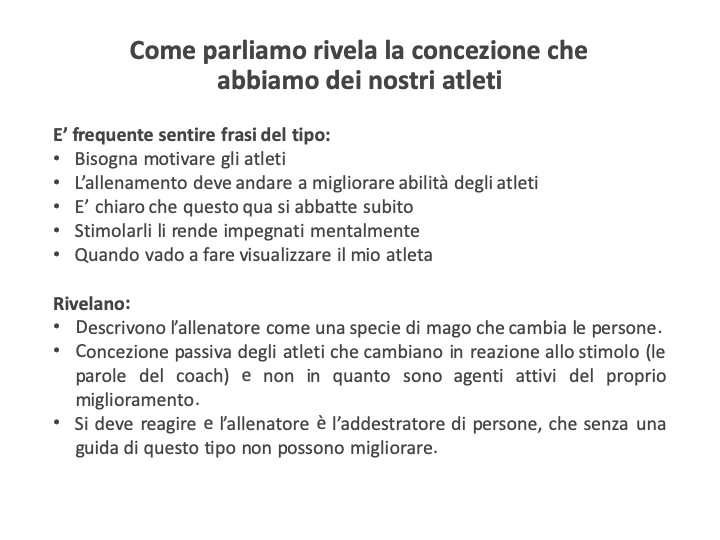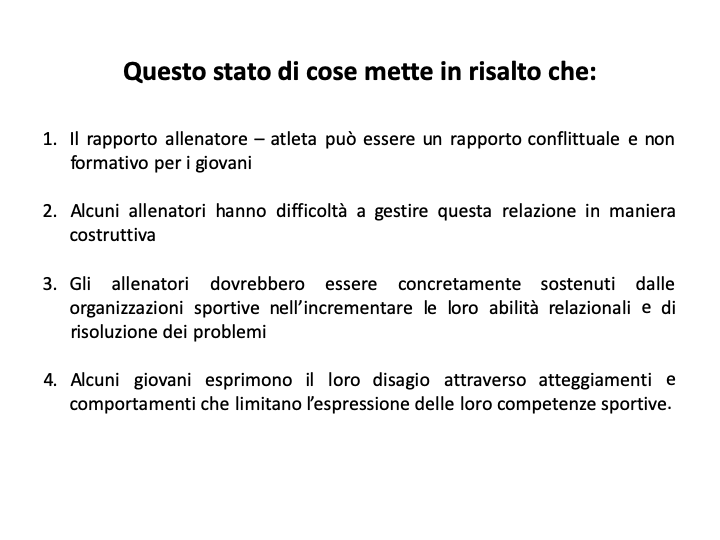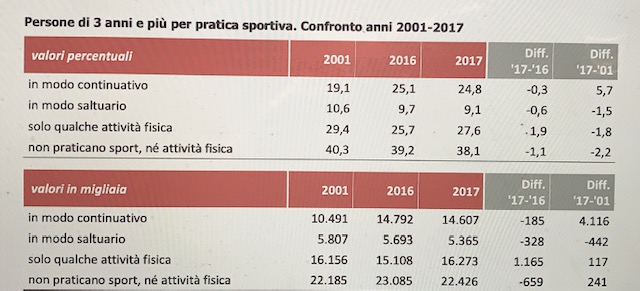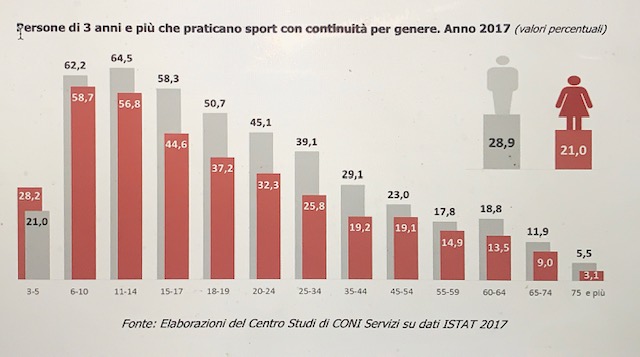There are only a few days left until the start of the Paris 2024 Olympics. Let’s try to describe the mental characteristics demonstrated by athletes who have won a medal in previous editions.
1. Determination and Toughness
Olympians are extremely determined and do not give up in the face of difficulties. Their tenacity pushes them to continue training and improving, even when they encounter obstacles or moments of discouragement.
2. Concentration
The ability to stay focused on their goal and maintain concentration during training and competition is crucial. Olympic athletes manage to block out distractions and concentrate entirely on their performance.
3. Resilience
Resilience is the ability to quickly recover from setbacks or injuries. Successful athletes can overcome adversity, learn from their mistakes, and continue to improve.
4. Self-discipline
Athletes who win a gold medal exhibit a high level of self-discipline. This is reflected in their ability to strictly follow training programs, diets, and daily routines necessary to reach the peak of their performance.
5. Self-esteem and Self-confidence
Believing in their abilities is crucial for achieving success at such high levels. Olympic athletes have strong self-esteem and confidence in their skills, which helps them perform at their best under pressure.
6. Stress Management
The ability to manage stress and the pressure of international competitions is vital. Olympic athletes develop techniques to maintain calm and mental clarity even in the most stressful situations.
7. Intrinsic Motivation
Olympians are often driven by intrinsic motivation, a deep personal desire to excel and achieve their goals, rather than external motivations like awards or recognition.
8. Visualization Skills
Many athletes use mental visualization techniques to imagine their perfect performances. This practice helps them prepare mentally and improve their confidence in their abilities.
9. Growth Mindset
Successful athletes embrace a growth mindset, believing that their skills can be improved through hard work and continuous learning. This mindset drives them to seek new challenges and not fear failure.
10. Passion and Love for the Sport
A genuine passion and deep love for their sport are common characteristics among Olympic medalists. This passion motivates them to dedicate countless hours to practice and training.
These mental characteristics are fundamental for achieving excellence and success in the highly competitive context of the Olympics.










